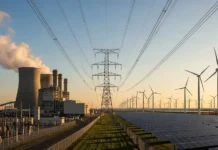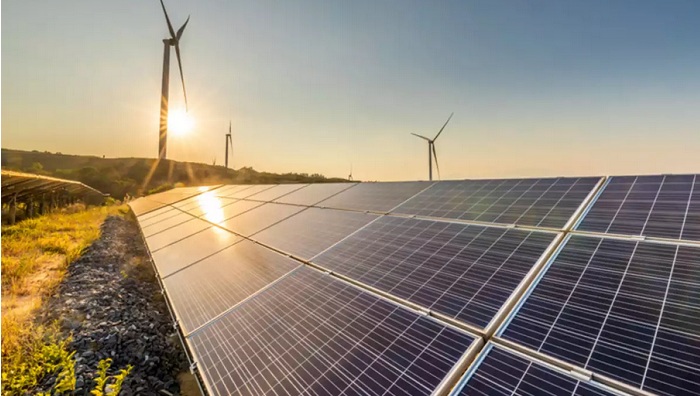Clean electricity generation in Europe has hit new highs. In the first half of 2024, over 50% of all power generation came from renewable sources, while nuclear energy maintained a stable 24% share, according to Eurelectric’s latest electricity data.
Challenges in Boosting Power Demand
Despite these achievements, power demand remains low due to slow growth, deindustrialisation, and mild weather. Eurelectric emphasizes that stimulating electricity demand is crucial for ensuring continued investments in clean energy.
Rapid Decarbonisation of Europe’s Power Generation
Europe is decarbonising its power generation at an unprecedented rate. Eurelectric’s Electricity Data Platform (ELDA) shows that 74% of electricity produced in the EU during the first half of 2024 came from renewable and low-carbon sources, up from 68% in 2023. This remarkable increase is attributed to a surge in renewable energy and the stabilisation of nuclear power.
Kristian Ruby, Secretary General of Eurelectric, noted that the rapid pace of change in decarbonisation efforts by electricity companies is far ahead of other sectors.
Need for Investment Signals in Clean Generation
While the supply side shows promise, electricity demand has been declining. In the first half of 2023, power demand in the EU dropped by 5.1% compared to the same period in 2022 and continued to remain low in 2024, being 4.8% lower than in H1 2022. This decline is attributed to industries relocating abroad, warmer temperatures, energy savings, and slow economic growth.
Kristian Ruby highlighted that the prolonged stagnation in electricity demand has turned into a regular decline. He urged policymakers to support the uptake of electricity to provide the necessary investment signals for clean generation.
Eurelectric calls upon the new Commission to go ahead and propose an Electrification Action Plan within the very first 100 days, with a 35% target for 2030 and an electrification indicator within national energy and climate plans- NECPs to track progress. Failure to act could lead to missed EU climate targets, curtailment of renewable production, and reduced investments in the energy transition sector.










































